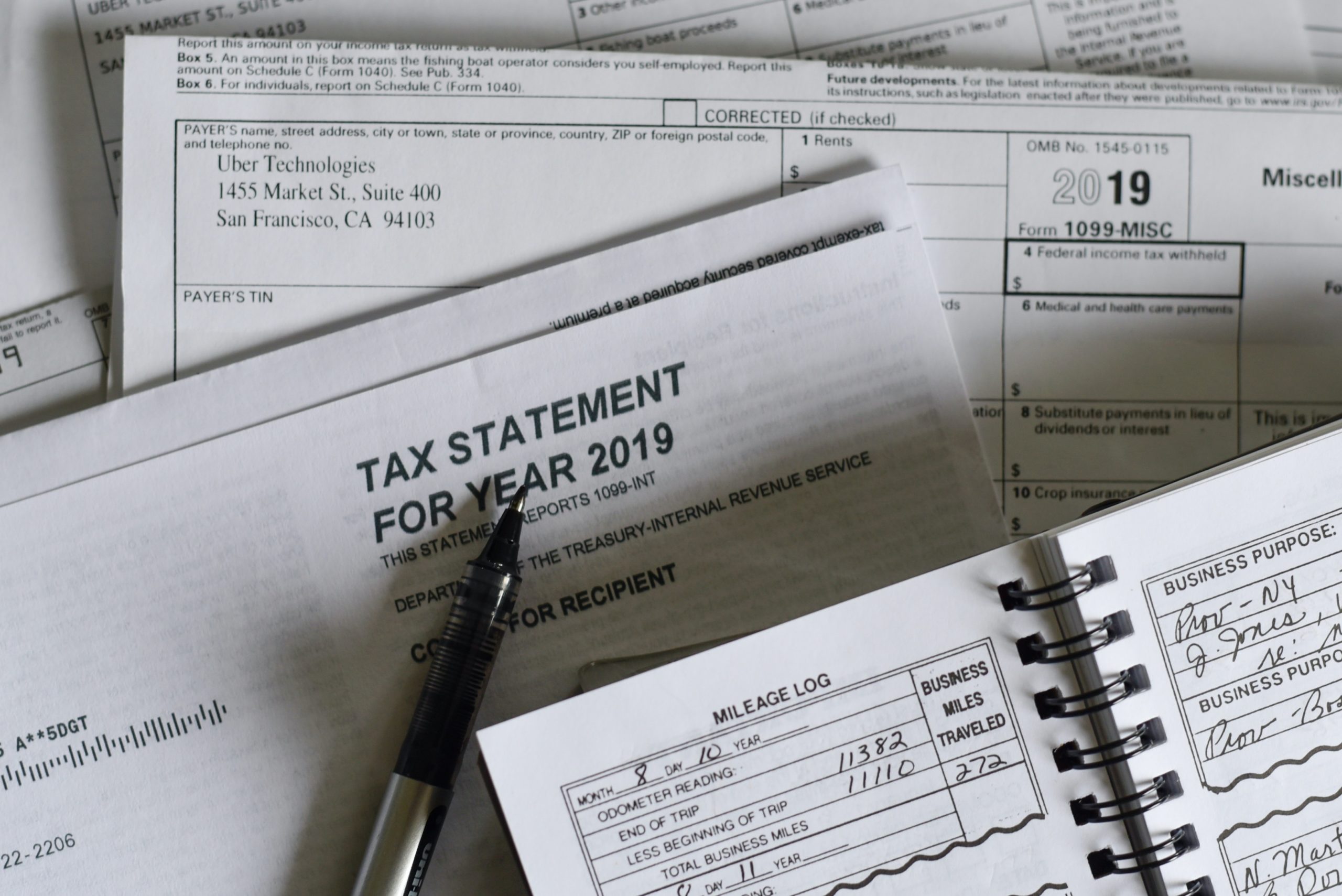Africa is making moves to answer the tricky question of digital taxes in a digital economy.
In recent times, Nigeria and Kenya are two countries broadening the conversation on digital taxes. But they are not pioneers.
In 2014, South Africa became the first country on the continent to introduce taxes on e-services. South Africa’s method was to make registration within the country an obligation once companies crossed a threshold of over ZAR50,000 ($3500 at the time). The threshold has changed since then and from April 2019, became ZAR 1 million ($70,500).
Other countries on the continent are now playing catch-up with Kenya passing its finance act into law in 2019 and Nigeria passing its new finance bill in 2020.
In Kenya, the biggest change in its finance act was the decision to expand the tax base with the introduction of digital taxes. The country is also making digital market services subject to VAT.
According to the finance act: “Income from a digital marketplace includes income accrued in or derived from Kenya. Digital marketplace is defined as ‘a platform that enables direct interactions between buyers and sellers of goods and services through electronic means”.
Kenya’s finance act will impose a 1.5 per cent tax on the gross transaction value of digital Services as well as levy VAT at 14 percent on a number of goods.
With a global recession on the horizon and many countries facing potential loss of revenues because of COVID-19, the timing for a conversation on taxes could not be better. It is important to also note that the OECD is also in the process of providing guidelines for digital taxes globally (PDF).
But Kenya is not waiting, especially since it has a Sh2.7 Trillion ($25 bn) 2020/2021 budget to finance, and a huge deficit looming is not the best economic outlook for the East African country.
According to the World Bank’s outlook on Kenya:
“The COVID-19 shock is expected to further reduce growth… with large impacts on services (transport, retail trade, tourism, events, leisure, etc), industry (manufacturing and construction), and agriculture”
Despite the economic imperatives, the big question for Kenya is how it will implement its new tax regime.
Kenya Revenue Authority sets up new unit
While ride-hailing platforms like Uber have been asking the government to clarify the finance law since 2019, there has been little certainty as to how the finance bill would be implemented in Kenya.
But we can now see the first signs of implementation. Earlier in the week, the Kenya Revenue Authority (KRA) set up a new unit to track revenues generated from every digital transaction within the country.
According to the KRA’s deputy commissioner of policy and domestic taxes, Caxton Masudi: “to ensure that the digital market sector pays their fair share of taxes, KRA has set up a dedicated unit to facilitate the taxpayers in this sector in the determination and accounting for taxes,”
The commissioner also said that they will use “transaction tracers” as the taxes begin to be imposed. At this point, what is clear is that services are taxable if they are paid for using a Kenyan Bank, SIM card or Credit card.
Access to the Bank or telco information will be possible because of a planned partnership with Kenya’s Communications authority.
Regardless of the partnership, KRA’s new unit has its work cut out thanks to the expansive scope of taxes it plans to collect. In this draft document (PDF), taxable supplies include; tickets for live events, supply of music and film and any other digital marketplace supply as determined by the commissioner.
Despite Kenya’s clear political will to move forward with digital taxes, it is clear that a lot of mistakes will be made along the way until there’s a singular interpretation of its new finance laws.




















